Breaking News: Extreme Temperature Research and Wind Turbine Conspiracy Debunked
Researchers have made a groundbreaking discovery about how the human body reacts to extreme temperatures, a crucial finding in the face of climate change's devastating impact. According to a recent study published in the MIT Technology Review magazine, approximately 47,000 heat-related deaths occurred in Europe in 2023, with climate change projected to add an extra 2.3 million European heat deaths this century. This alarming statistic has driven scientists to investigate the limits of human thermoregulation, shedding new light on the science of keeping warm or cool.
The study, conducted by researchers worldwide, has revised the rules about when extreme temperatures veer from uncomfortable to deadly. Their findings suggest that the body's response to heat and cold is more complex than previously thought, with significant implications for how we prepare for and respond to extreme weather events. The research team has identified key factors that contribute to heat-related deaths, including humidity, air movement, and individual tolerance.
The immediate impact of this research is being felt in the medical and emergency response communities. Healthcare professionals are now better equipped to identify high-risk individuals and provide targeted interventions to prevent heat-related illnesses. Emergency responders are also being trained to recognize the signs of heat exhaustion and heat stroke, enabling them to provide timely and effective care.
Climate change has pushed the boundaries of human endurance, and this research is a critical step towards understanding and mitigating its effects. The study's findings have significant implications for urban planning, infrastructure development, and public health policy. As the world grapples with the consequences of climate change, this research provides a vital roadmap for developing strategies to protect vulnerable populations and ensure their survival in extreme conditions.
The research team's next steps will involve further investigation into the physiological mechanisms underlying human thermoregulation. They will also work with policymakers and industry leaders to develop and implement evidence-based solutions to address the growing threat of heat-related illnesses. As the world continues to navigate the challenges of climate change, this research serves as a beacon of hope, illuminating a path towards a safer and more resilient future.
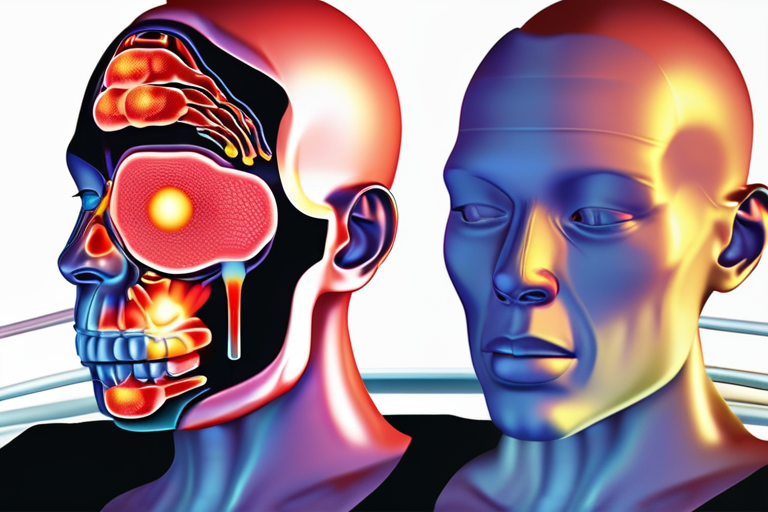


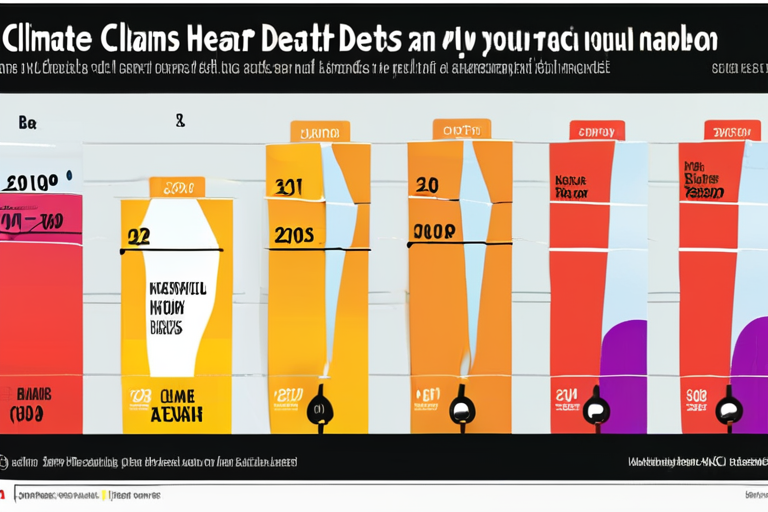
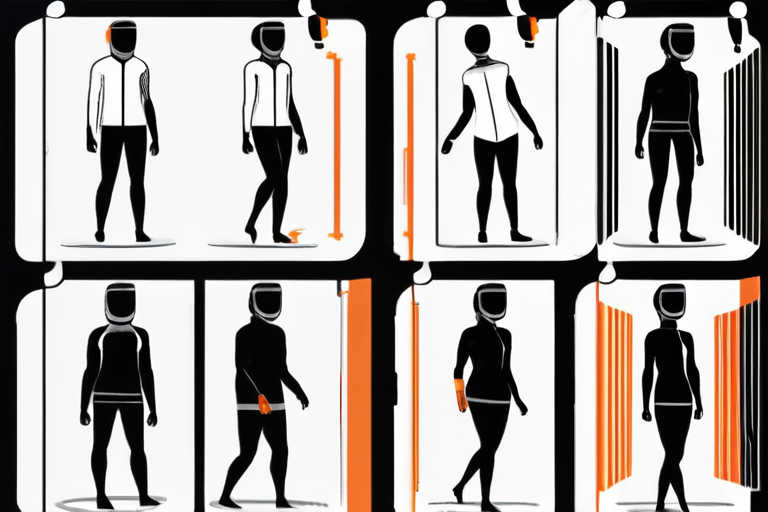

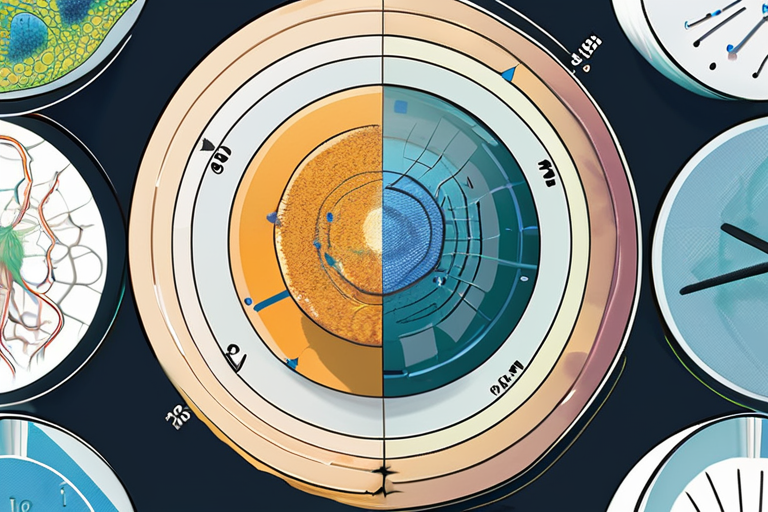




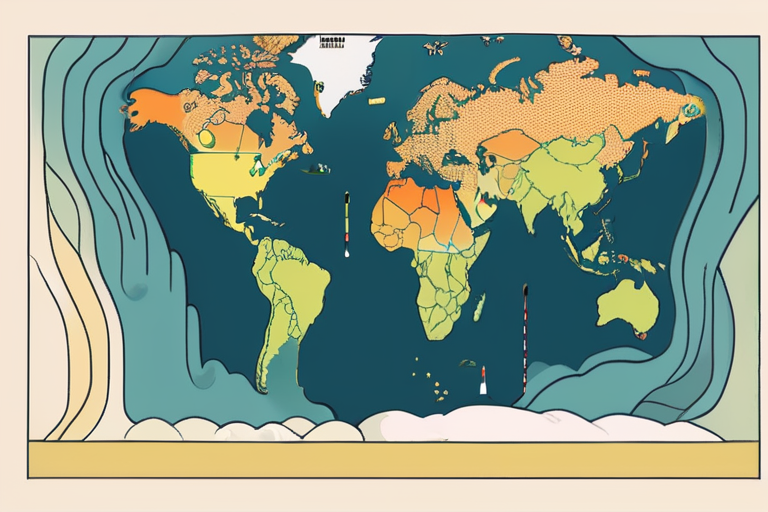


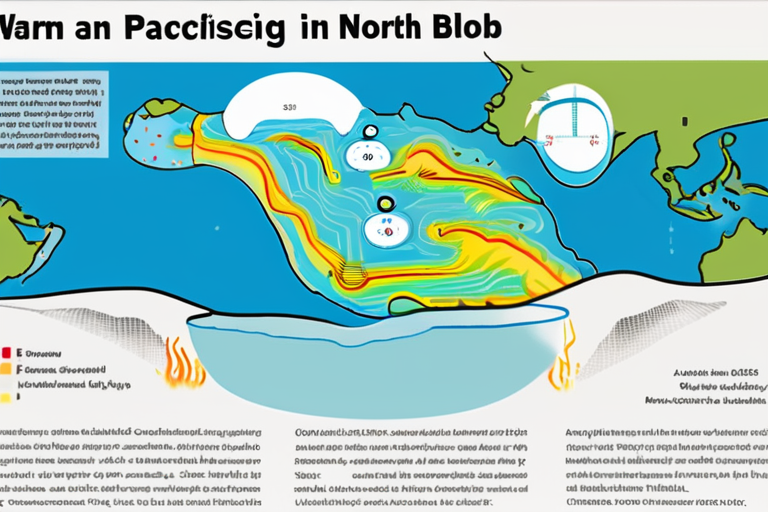












Share & Engage Share
Share this article